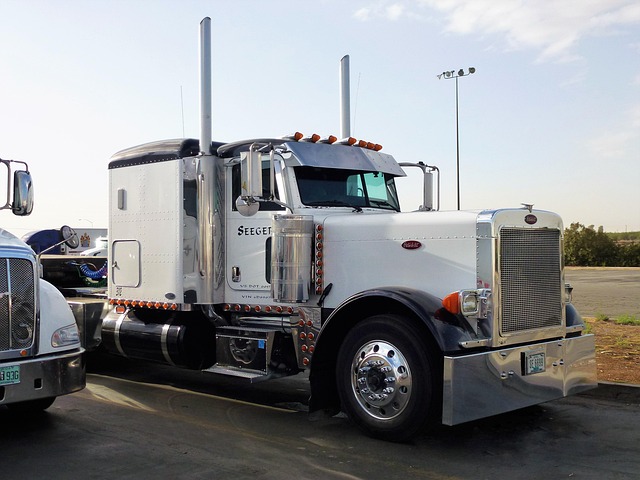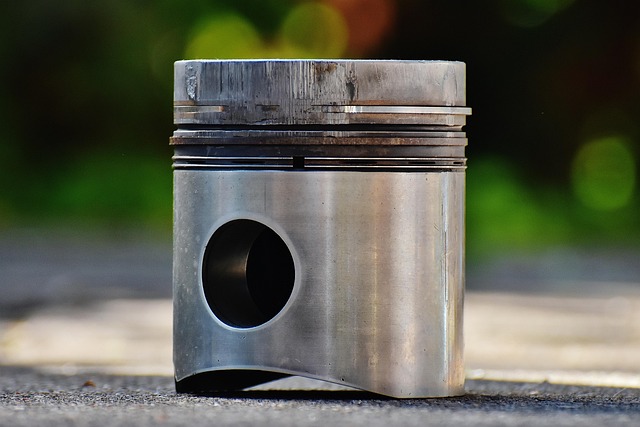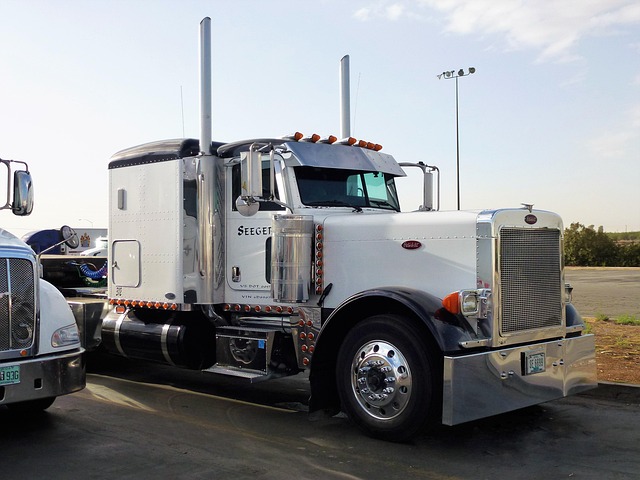Looking to register your car in California? This comprehensive guide breaks down the process step-by-step, ensuring a smooth experience. From understanding eligibility requirements and gathering essential documents to completing the DMV application and securing license plates, we cover it all. Learn how to verify your vehicle’s Identification Number (VIN) accurately using trusted tools from dmv vin verifier. Simplify car registration in California today!
- Understand Eligibility Requirements for Car Registration
- Gather Necessary Documents for Car Registration
- Verify Vehicle Identification Number (VIN) Accuracy
- Complete DMV Application for Car Registration
- Pay California Car Registration Fees and Get License Plate
Understand Eligibility Requirements for Car Registration

Before you start the registration process, it’s crucial to understand if your vehicle meets California’s eligibility requirements. All vehicles operated on California roads must be properly registered and have a valid car insurance policy. Additionally, your vehicle needs to pass an inspection conducted by the Department of Motor Vehicles (DMV) or a certified inspection station. This typically involves a safety check and emissions test, ensuring your car adheres to state standards.
One efficient way to verify your vehicle’s eligibility is through a mobile vin verification service. These services utilize the Vehicle Identification Number (VIN) to access detailed information about your car’s history, including any past accidents or outstanding issues that could prevent registration. A mobile vin verifier can streamline the initial screening process, making it easier for you to navigate the California car registration requirements.
Gather Necessary Documents for Car Registration

Before you begin the registration process, make sure you have all the required documents ready. The California Department of Motor Vehicles (DMV) requires a plethora of information to ensure a smooth and legitimate car registration. One crucial document is the Vehicle Identification Number (VIN) verifier, which can be obtained through a mobile VIN inspection or an online check. This unique code is essential as it identifies your vehicle’s make, model, year, and other vital specifications.
Additionally, you’ll need to provide proof of ownership, such as a bill of sale or a valid title transfer, along with any outstanding registration fees. It’s recommended to double-check the DMV’s list of accepted documents to avoid any delays. Ensuring that you have all these in order will make the car registration process more efficient and hassle-free.
Verify Vehicle Identification Number (VIN) Accuracy

Before registering your car in California, it’s crucial to ensure the Vehicle Identification Number (VIN) is accurate and legitimate. This unique 17-character code is a vital piece of information used to identify your vehicle, and any errors or discrepancies could lead to registration issues. One effective method to verify the VIN is by using a DMV vin verifier or a reliable mobile vin verifier app, which can cross-check the number against state databases.
Performing a vin inspection through these tools is straightforward; you simply input the VIN and receive instant validation. Many mobile vin verification services offer this feature as part of their apps, allowing you to quickly confirm your car’s authenticity before proceeding with registration at the California Department of Motor Vehicles (DMV).
Complete DMV Application for Car Registration

To start the registration process for your car in California, begin by obtaining the necessary forms from the Department of Motor Vehicles (DMV). One crucial document is the DMV Application for Car Registration. This form requires detailed information about both the vehicle and the owner, including the Vehicle Identification Number (VIN) which can be verified using a reliable VIN verifier like the mobile VIN verifier or through a VIN inspection conducted by an authorized agent.
Ensure all details are accurate and complete to avoid delays. The VIN is a unique identifier for your car, crucial in establishing its history and authenticity. Using a mobile VIN verifier can streamline this process, allowing you to verify the vehicle’s information quickly and conveniently. Once filled out, submit the application along with required documents and fees to initiate the registration of your vehicle in California.
Pay California Car Registration Fees and Get License Plate

After completing your California car purchase and ensuring all necessary documents are in order, the next step is to pay the registration fees and obtain your vehicle’s license plates. You can register your car at the California Department of Motor Vehicles (DMV) or through an online service, which offers the convenience of a mobile vin verification process. This involves using a mobile vin verifier to check your car’s history and ensure it meets all legal standards. Once your vehicle passes the vin inspection, you can proceed with registration by visiting a local DMV office or completing the process online.
You’ll need to provide essential information, such as your personal details, car specifications, and payment for the registration fees. The DMV will then issue your license plates, which are required for legal operation of your vehicle on California roads. Keep in mind that specific requirements and fee amounts may vary based on your vehicle type and other factors, so always consult the official DMV website or a DMV vin verifier to stay informed about the most up-to-date procedures.
Registering a car in California is a straightforward process, but understanding the requirements and gathering the necessary documents are key. By ensuring your vehicle’s Vehicle Identification Number (VIN) is accurate through a reputable DMV VIN verifier, you’re on the right track. Following the outlined steps, from checking eligibility to completing the DMV application and paying fees, will have your car registered in no time. Remember to obtain your license plate to legally operate your vehicle on California roads.
